WriteLife/LabLife
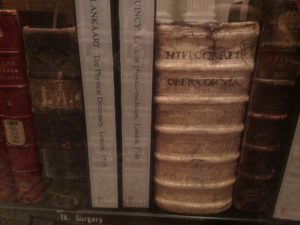
If there’s one thing I know I’m good at, it’s researching. If you need someone to find an obscure piece of information buried in a discontinued journal from the 1900s, I’m your gal. Believe it or not, it comes with the territory when your actual job title is Research Fellow.
These research skills I use during my day job directly apply to researching a novel—research is research, regardless of what you’re using it for.
Whether I’m trying to find the oxidation potential for a compound I have just synthesised in the lab, or searching for the layout of the ancient agora in Thebes, I use the same approach. Given Sarah and I are in the research and planning phase of our new book, I thought I’d give you a few tips to help you research better.
Firstly, let’s get the most controversial topic (in my opinion) out of the way.
Wikipedia, friend or foe?
Definitely, friend. Regardless of what you’ve been told, there is a place for Wikipedia in research. I use it all the time to get a feel for the topic—a broad introduction to what you’re looking for. It might even provide key search terms for further investigation. But whatever you do, don’t trust it. Wikipedia is a guide, a tool, a jumping-off point. It’s not the gospel truth, don’t ever mistake it for that.
My second piece of advice is, you don’t know what you don’t know, so start from scratch. Start at the beginning. How can you accurately describe a nuclear meltdown in your book if you don’t already understand how a nuclear reactor works? Think you already know a bit about the politics in Athens in 500 BC? Act like you don’t. Start with the basics and work your way to the particular piece of information you are looking for. You might be proven right, or you might discover something unexpected. There’s nothing worse than trying to research with a preinstalled bias.
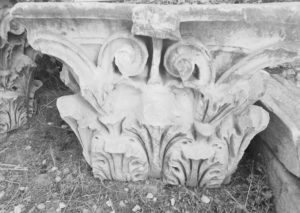
My final piece of advice is around ‘search terms’. Use the broadest terms possible. I can’t state that enough. If you want to find out why Sparta and Athens entered the Peloponnesian war, start by searching ‘Peloponnesian war’. Put their motivations on the backburner. What was the Spartan army’s fighting tactics? Start with finding out how their armies were structured and the previous wars they fought in. That will lead you to tactics. What about the color of clothing in ancient Greece? Start with the types of clothes they wore, then find out the dyes they had back in the day.
There’s an art to researching effectively. And it can take a while to perfect. I’ve been in academia for around eight years, and a Research Fellow for three of those. Yet, I am still learning and refining my skills. It doesn’t happen overnight. But hopefully, I have provided some tips to help you on your way.
Have a question on how to research more effectively? Or a suggestion on what techniques work for you? Drop it in the comments below.
-A



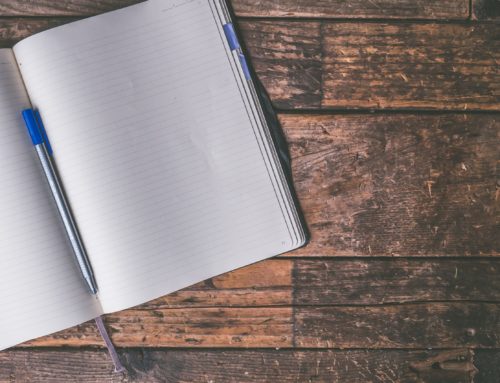
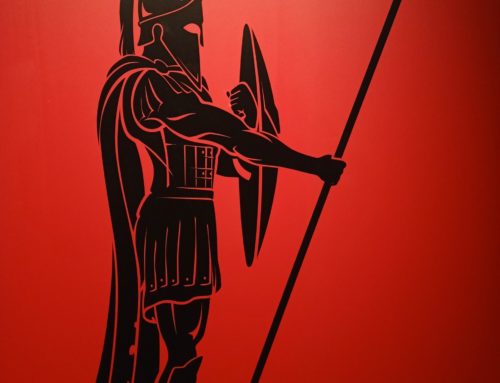

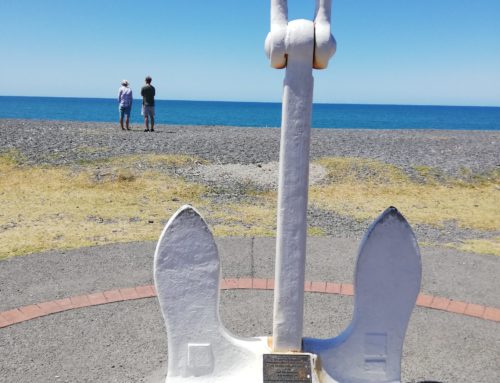



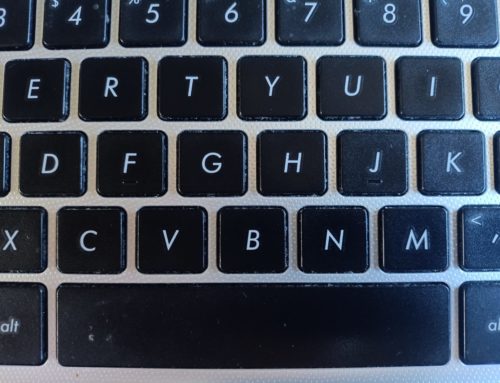


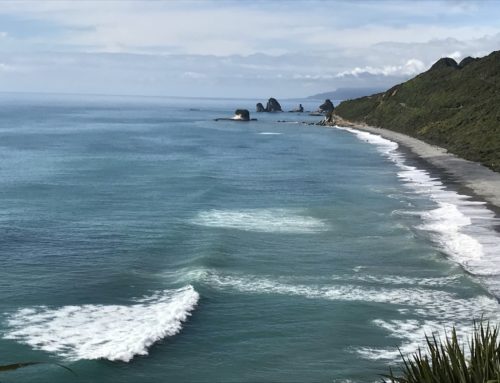
Leave A Comment